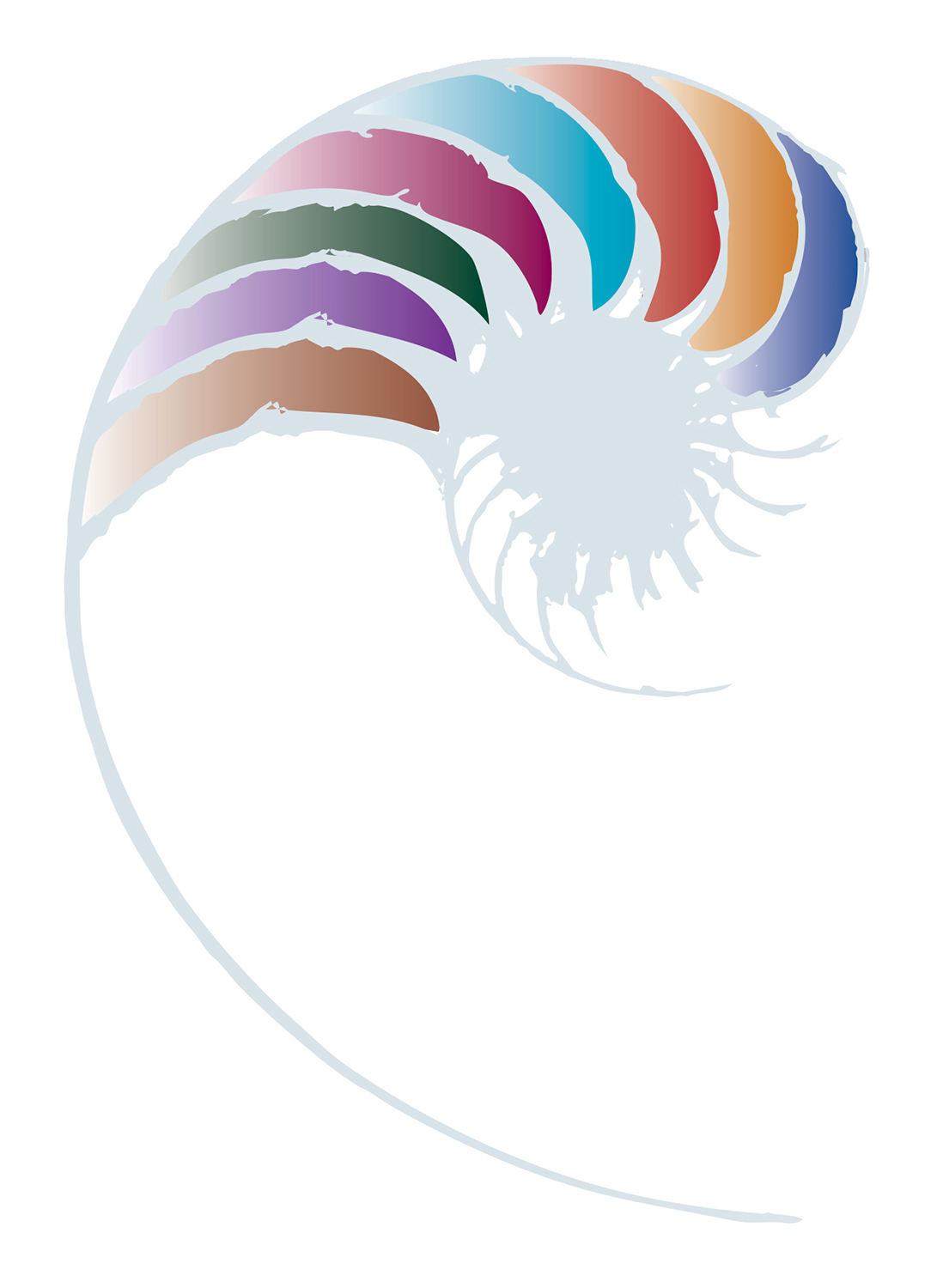Climate change organisations and reference resources
On this page you can find organisations, resources, and readings to support your whakaaro (thinking) on climate change.

Image caption: What activities that your service is involved with include kōrero on te taiao, the environment, and our influence on it?
Links to organisations with climate change information
Enviroschools
Enviroschools is a nationwide programme supported by the Toimata Foundation, founding partner Te Mauri Tau, and a large network of regional partners. Early childhood centres and schools commit to a long-term sustainability journey where tamariki (students) connect with and explore the environment, then plan, design, and take action in their local places in collaboration with their communities.
Specific links
- A video on the Enviroschools kaupapa in the early childhood education setting.
- Search all enviroschools stories or by regions: Enviroschools featured stories.
- Toimata Foundation holds the vision of Te Aho Tū Roa and Enviroschools. This short film (2:32 min), created by the Te Aho Tū Roa team, encourages us to pause, listen, and connect with the natural world: Enviroschools Kia Tau short film.
- Te Aho Tū Roa offers environmental programmes to centres with high te reo proficiency.
NZAEE | Educating for sustainability | Te Mauri o te taiao
New Zealand Association for Environmental Education's mission is to connect and inspire educators, ākonga, and communities to learn, collaborate, and take action for Papatūānuku.
NIWA | Taihoro Nukurangi
Climate change information for climate solvers from NIWA - helping you understand the science of climate change. The things we can do to combat climate change, individually and alongside our whānau, school, and community, can and will make a difference.
Degrowth Aotearoa NZ
Degrowth Aotearoa NZ was formed by a small group of individuals passionately dedicated to raising awareness about the urgent need to find ways of living within biophysical limits.

Image caption: How are your every day activities used to build mātauranga Māori and science knowledge and understanding over time?
Additional reading
- The time is now: education’s contribution to a climate-resilient future
Source: Education Gazette - “You don’t wanna teach little kids about climate change”: Beliefs and barriers to sustainability education in early childhood
Source: International Journal of Early Childhood Environmental Education - The environmental impact of ECE
Source: Jitbug - Envisioning a better future through interrelatedness and whanaungatanga
Source: NZCER - The environment issue (Summer 2021)
Source: AKO: The journal for education professionals - Effective approaches to connect children with nature
Source: Department of Conservation | Te Papa Atawhai - ACADEMIA Letters - Getting sustainable development through climate change education
Bajarang Bhushan, Dayalbagh Educational Institute (Deemed University). Source: Nandita Satsangee, Dayalbagh Educational Institute (Deemed University) Abstract
Mātauranga whakauka taiao - Environmental education for sustainability - Mahere rautaki strategy and action plan 2017 – 2021
Our agencies are committing to working together and with others to help all New Zealanders learn how they can take action to address the sustainability challenges we face locally and globally.
A strategy and action plan to better equip New Zealanders, especially children and young people, with the knowledge, skills, and motivation to tackle environmental issues.
(Housed on the Department of Conservation (DOC) website, it’s a plan across three Ministries – DOC, Ministry for the Environment and Ministry of Education).
Te mana o te taiao – Aotearoa New Zealand biodiversity strategy 2020
The strategic plan, called Te mana o te taiao, is a plan that weaves together our ideas for restoring the biological species in our natural world and ensuring their survival.
Te hau mārohi ki anamata – towards a productive, sustainable, and inclusive economy; Aotearoa New Zealand’s first emissions reduction plan
Aotearoa New Zealand’s first emissions reduction plan contains strategies, policies, and actions for achieving our first emissions budget and contributing to global efforts to limit global temperature rise to 1.5˚C above pre-industrial levels.
Urutau, ka taurikura: Kia tū pakari a Aotearoa i ngā huringa āhuarangi - Adapt and thrive: Building a climate-resilient New Zealand – New Zealand's first national adaptation plan
Aotearoa New Zealand’s first national adaptation plan contains strategies, policies, and actions that will help New Zealanders adapt to the changing climate and its effects – so we can reduce the potential harm of climate change as well as seize the opportunities that arise.
Te mahere taiao - The environmental action plan for school property
This Action Plan sets our direction and reinforces our commitment to address environmental issues impacting our school property portfolio. The Action Plan will act as a point of reference for te Tāhuhu o te Mātauranga | Ministry of Education to ensure we continue to make progress towards more sustainable outcomes.
Intergovernmental Panel on Climate Change (IPCC) 2022: Impacts, adaptation and vulnerability
This Sixth Assessment Report assesses the impact of climate change at both the global and regional level and the capacities and limits of the natural world and society to adapt.
ARNEC (2022). ARNEC statement on the recent IPCC report
In this statement, ARNEC highlights the linkages between the IPCC’s 2022 Report: Impacts and vulnerability and implications for early childhood development, that reinforces ARNEC’s call to put young children at the centre of environmental and climate actions and for the environment to be at the centre of early childhood development.
United Nations – Sustainable Development Goals
Adopted in September 2015, the 17 Sustainable Development Goals (SDGs) are an urgent call for action by all countries in a global partnership. They recognise that ending poverty and other deprivations must go hand-in-hand with strategies that improve health and education, reduce inequality, and spur economic growth – all while tackling climate change and working to preserve our oceans and forests.
Kua kite rānei koe?
About this resource
Use this resource to supplement your understanding of climate change through resources and stories from various organisations.





